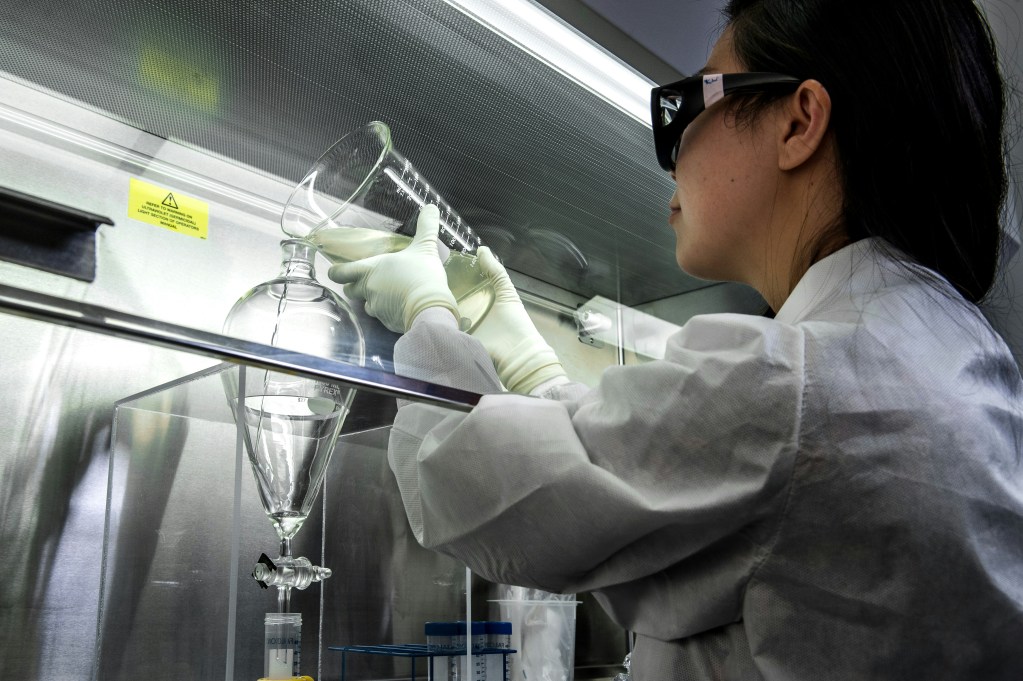In an era where terms like carbon neutrality and sustainable development dominate the discourse, major technological breakthroughs spearhead efforts to meet ambitious environmental goals. Professor Hasunuma Tomohisa, a trailblazer in applied biochemistry and metabolic engineering, is at the forefront of utilizing bioengineering to combat greenhouse gas emissions, aiming for a balance by 2050.
Contents
- 1 Embarking on a Bioengineering Journey
- 2 Advancing Biorefinery for Sustainable Solutions
- 3 The Role of Smart Cells in Environmental Innovation
- 4 Embracing Global Collaboration
- 5 Fostering the Next Generation of Bioengineers
- 6 Conclusion: Pioneering a Greener Tomorrow
- 7 Further Reading, Credit & Resources
Embarking on a Bioengineering Journey
Sparked by an early fascination with biotechnology, Professor Hasunuma’s academic and professional journey through fermentation engineering to the study of plant biotechnology underscores a lifelong commitment to understanding and applying the principles of living organisms for practical, eco-friendly solutions.
Advancing Biorefinery for Sustainable Solutions
At Kobe University, Professor Hasunuma leads initiatives like the Innovative BioProduction Kobe (iBioK) project, which seeks to harness biotechnology and digital technology in constructing cross-disciplinary biorefineries. This endeavor aims to transform plants into sustainable alternatives to fossil fuels and petrochemical products, marking a significant stride towards environmental sustainability.
The Role of Smart Cells in Environmental Innovation

Central to Professor Hasunuma’s research is the development of “smart cells” — genetically engineered microbes capable of producing valuable materials with reduced environmental impact. Through projects like the Smart Cell Project, he and his team aim to enhance the production efficiency of these microorganisms, a critical step towards the practical realization of biorefineries.
Embracing Global Collaboration
Recognizing the complexity of bioengineering challenges, Professor Hasunuma emphasizes the importance of international collaboration. The establishment of an “Autonomous Lab” with Shimadzu Corporation and the biofoundry concept illustrate the dynamic integration of biotechnology, AI, and robotics, propelling the field towards accelerated innovation and global partnerships.
Fostering the Next Generation of Bioengineers
Looking ahead, Professor Hasunuma is dedicated to educating a new cadre of researchers skilled in the intersecting realms of biotechnology, digital technology, and robotics. His vision for Kobe University as an international hub for bioengineering aims to cultivate a network of talented individuals capable of leading the charge towards sustainable industrial practices.
Conclusion: Pioneering a Greener Tomorrow
Through his pioneering work, Professor Hasunuma is not just advancing the field of bioengineering; he’s laying the groundwork for a future where clean, efficient, and sustainable solutions derived from smart cells transform industries worldwide. This journey from fermentation engineering to the brink of bio-manufacturing excellence exemplifies the potential of bioengineering to contribute significantly to global carbon neutrality efforts.
Further Reading, Credit & Resources
This article was enriched by insights from various sources. For further exploration of the topics discussed, delve into the following resources: